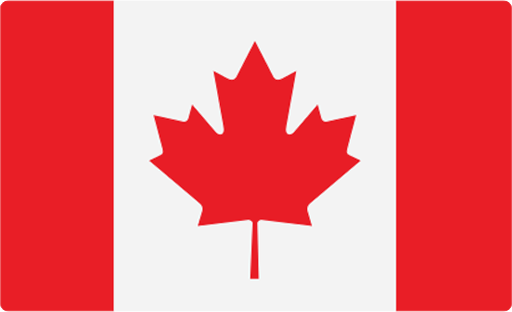Mastering the Art of Bargain Hunting: How to Get the Best Price on a Used Car
Buying a used car can be a smart financial move, as new cars depreciate quickly. However, getting the best price on a used car requires a combination of research, negotiation skills, and a bit of patience. In this guide, we’ll walk you through the steps to help you secure a great deal on a used car.
- Do Your Research: The first step in finding the best price on a used car is to arm yourself with knowledge. Start by researching the make and model you’re interested in. Look for reviews, reliability ratings, and common issues. Websites like AutoTrader, CarGurus, and Black Book can provide valuable information on pricing and market trends.
- Set a Budget: Determine your budget before you start shopping. This will help you narrow down your options and prevent you from overspending. Consider not only the purchase price but also ongoing expenses like insurance, maintenance, and fuel.
- Consider Certified Pre-Owned (CPO) Cars: Certified Pre-Owned vehicles are typically inspected, refurbished, and certified by the manufacturer or dealer. They often come with warranties and can provide peace of mind when buying used. While CPO cars may be priced slightly higher, the added benefits can make them a worthwhile investment.
- Shop Around: Don’t limit yourself to one dealership or seller. Cast a wide net by checking out multiple dealerships, private sellers, and online listings. This will give you a better understanding of the market and help you spot good deals.
- Inspect Thoroughly: Never skip the inspection. Whether you’re buying from a dealer or a private seller, have a trusted professional like iNeedaPPi inspect the car for hidden issues. They will look for signs of excess wear and tear, leaks, rust, damage, accidents, and much more.
- Check Vehicle History Reports: Obtain a vehicle history report using the car’s VIN (Vehicle Identification Number). Services like Carfax can provide valuable information about a car’s past, including accidents, registration status, and service records.
- Negotiate Effectively: Negotiation is a critical part of getting the best price on a used car. Be polite but firm in your negotiations. Start with a lower offer than your budget allows to give yourself room to maneuver. Be prepared to walk away if the price doesn’t meet your expectations.
- Consider Timing: Timing can play a role in getting a better price. Dealerships often offer discounts and promotions at the end of the month or year to meet sales quotas. Private sellers may be more willing to negotiate if they need to sell quickly.
- Be Wary of Extra Costs: Keep an eye out for hidden fees and extra costs like dealer fees, taxes, and licensing. These can significantly impact the final price you pay for the car.
- Get a Pre-approved Loan: Before you start shopping, consider getting pre-approved for a car loan from a bank or credit union. This can help you understand your financing options and give you more negotiating power.
- Don’t Rush the Decision: Take your time before making a final decision. Rushing into a purchase can lead to buyer’s remorse. Sleep on it and revisit your options with a clear mind.
In conclusion getting the best price on a used car involves careful research, effective negotiation, and a well-thought-out strategy. By following these steps, you’ll be better equipped to find a reliable used car at a price that fits your budget. Remember that patience and persistence are key to securing a great deal on the vehicle of your dreams.



